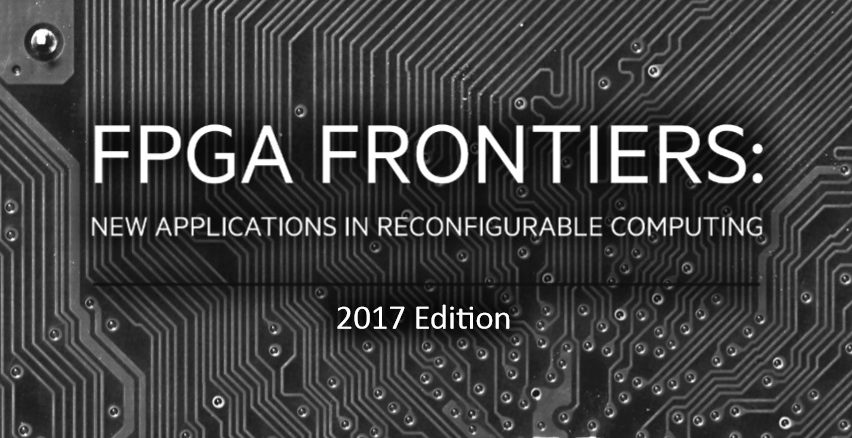
FPGA Frontiers: New Applications in Reconfigurable Computing
There is little doubt that this is a new era for FPGAs. …

There is little doubt that this is a new era for FPGAs. …
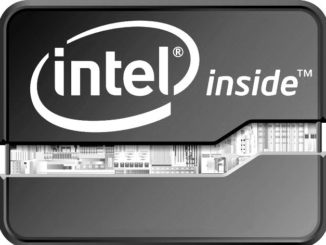
Chip maker Intel has been getting a lot of grief in recent days about missing the boat on putting chips in Apple’s iPhone back when the product was announced back in 2007, and then subsequently also losing out on the opportunity to have Intel Inside the Apple iPad tablet that came out three years later. …
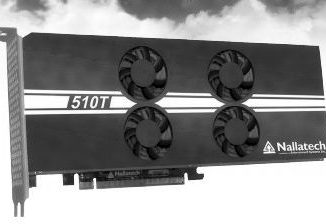
Nallatech doesn’t make FPGAs, but it does have several decades of experience turning FPGAs into devices and systems that companies can deploy to solve real-world computing problems without having to do the systems integration work themselves. …

Intel had been warning for several months that revenues for its Data Center Group would decelerate a bit as 2015 wound down, and this has indeed happened. …
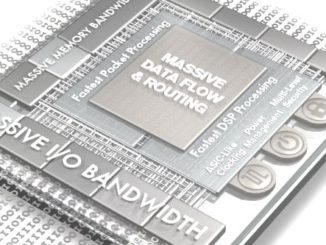
At the last five annual Supercomputing Conferences, an underlying theme has been the potential of accelerators. …
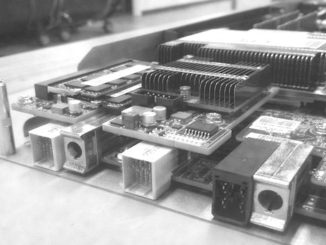
Amid the din around the mainstream market chip and developer news at the Intel Developer Forum yesterday, a couple of quieter, but no less pressing topics were at the top of our minds here at The Next Platform. …

It has been almost two months since Intel announced its blockbuster $16.7 billion deal to acquire FPGA maker Altera, which will allow the world’s largest chip maker to move from fixed function into programmable devices and potentially shake up the entire spectrum of computing, from handhelds all the way to datacenters. …
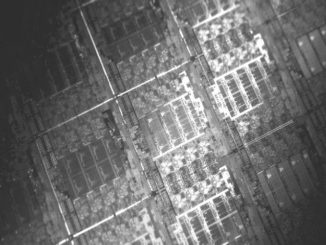
This being the early years of the public cloud buildout, spending on infrastructure in this sector of the economy tends to be spikey and boisterous. …

For those who marveled at the $16.7 billion deal Intel made to acquire field programmable gate array maker, Altera, an equal number raised eyebrows at the estimate given by Intel CEO to announce the purchase that one-third of cloud workloads would take advantage of FPGA acceleration by 2020. …

Now that the on-again, off-again deal between Intel, the world’s largest maker of processors, and Altera, one of the dominant makers of field programmable gate arrays, is going to happen for the tidy sum of $16.7 billion in cash, Intel is poised to usher in a new era of computing while at the same time countering the many competitive threats it has in the datacenter. …
All Content Copyright The Next Platform